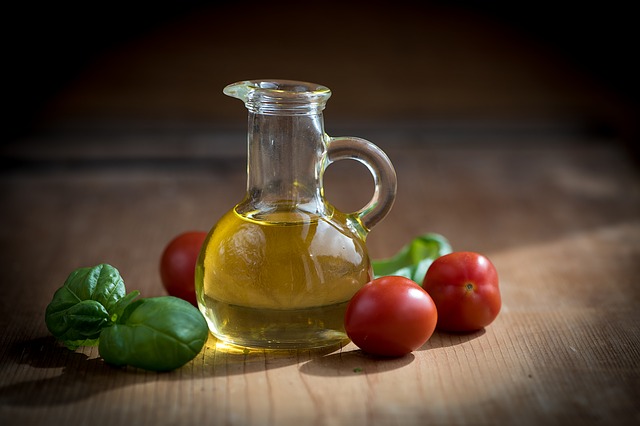A Mediterranean diet, which includes healthy fats such as nuts and olive oil, isn’t likely to cause any weight gain, a new study finds.
This is good news for people who prefer the Mediterranean style rather than focusing on low-fat diets. The researchers also found cause to worry that current health guidelines might be creating a fear of healthy fats, which is not true.
Dr. Ramon Estruch, lead author on the study from the University of Barcelona in Spain, says, “More than 40 years of nutritional policy has advocated for a low-fat diet, but we’re seeing little impact on rising levels of obesity.”
He added in a news release,
Our study shows that a Mediterranean diet rich in vegetable fats such as olive oil and nuts had little effect on body weight or waist circumference compared to people on a low-fat diet. The Mediterranean diet has well-known health benefits and includes healthy fats, such as vegetable oils, fish and nuts.
However, Estruch did warn that not all fats are created equal. “Our findings certainly do not imply that unrestricted diets with high levels of unhealthy fats such as butter, processed meat, sweetened beverages, deserts or fast-foods are beneficial,” he says.
The study included over 7,400 men and women participants from Spain, between the ages of 55 and 80. All the participants had type 2 diabetes or high heart disease risks. More than 90% of them were overweight or obese.
The participants stuck to one of three eating plans: an unrestricted-calorie Mediterranean diet rich in olive oil, an unrestricted-calorie Mediterranean diet rich in nuts, or a low-fat diet that avoided all healthy fats.
After five years, total fat intake in the low-fat diet group decreased from 40 to 37% and increased in both of the Mediterranean diet groups from 40 to 42%. The amount of consumed proteins and carbohydrates decreased in both Mediterranean diet groups.
The participants in all three diet groups lost weight: an average of 2 pounds (0.88 kg) per person in the olive oil group, 0.9 pounds (0.40 kg) in the nut group and 1.3 pounds (0.60 kg) in the low-fat diet group.
Waist measurements increased slightly in all three groups, though less so in the Mediterranean diet groups: about half an inch (1.2 cm) per person in the low-fat group, one-third of an inch (0.85) cm n the olive oil group and only0.14 inches (0.37 cm) in the nut group.
Dariush Mozaffarian, professor in the School of Nutrition Science & Policy at Tufts University in Boston, wrote in a commentary accompanying the study that, “The fat content of foods and diets is simply not a useful metric to judge long-term harms or benefits.”
“Energy density and total caloric contents can be similarly misleading. Rather, modern scientific evidence supports an emphasis on eating more calories from fruits, nuts, vegetables, beans, fish, yogurt, phenolic-rich vegetable oils, and minimally processed whole grains; and fewer calories from highly processed foods rich in starch, sugar, salt, or trans-fat,” he adds. “Dietary guidelines should be revised to lay to rest the outdated, arbitrary limits on total fat consumption. Calorie-obsessed caveats and warnings about healthier, higher-fat choices such as nuts, phenolic-rich vegetable oils, yogurt, and even perhaps cheese, should also be dropped.”
The study was published in The Lancet Diabetes & Endocrinology.
























